
During 2024, the Canadian Centre for Architecture (CCA) launched a three-part documentary and exhibition series titled Groundwork, exploring alternative modes of practice in light of the current climate crisis. The process began with a series of studio visits in search of offices addressing substantial questions for contemporary architecture through practice, culminating in the selection of three projects: Xu Tiantian's "minimal intervention" museum on Meizhou Island, Carla Juaçaba's community pavilions in a coffee field in Minas Gerais, and bplus.xyz (b+)'s European Citizens' Initiative for a new legal framework to facilitate the renovation and transformation of existing buildings. The latter, HouseEurope!, was recently recognized as the winner of the seventh edition of the OBEL Award and was showcased at the international exhibition of the Venice Architecture Biennale 2025.
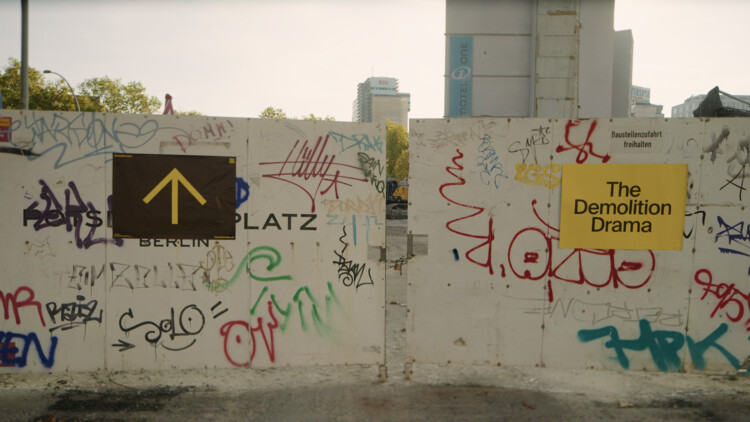
The Groundwork film series was conceived by Francesco Garutti and Irene Chin, directed by Joshua Frank, and produced by the CCA. The documentaries offer a personal look at the ideas behind the projects, valuing architectural reflection and process beyond finished products. To Build Law, the second film in the series, tells the story of the campaign behind HouseEurope!, an endeavor to transform the legal framework for building renovation in Europe. In the words of the production team, the film is "not a documentary about legal procedures" but a story about "trying to practice a different form of architecture." With a photographic eye for the interplay between old and new, as well as a focus on architectural detail, the documentary moves beyond the technical tensions of construction versus renovation, offering reflections on storytelling, community organization, and the political and economic dimensions of the housing crisis.
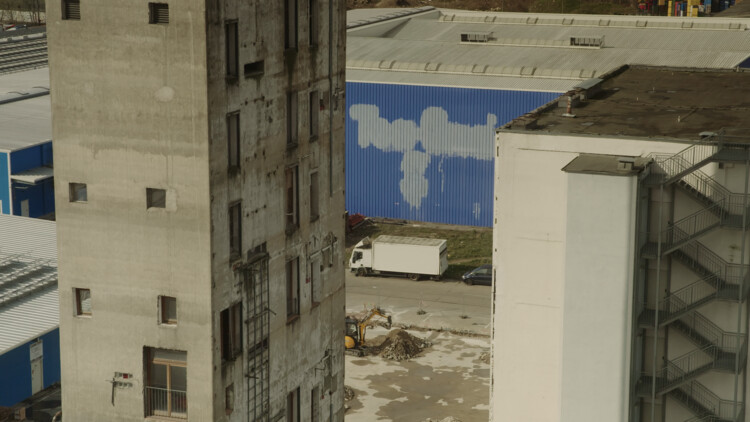
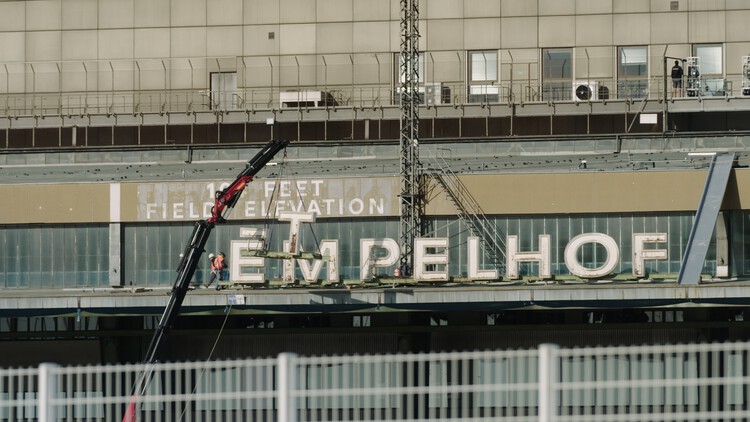
When you're talking about renovation, there's a great deal of complexity and many more scales available to you that the big companies cannot or will not participate in. So that means that you're essentially expanding the share of the money that is taken out of material extraction, which is the majority, if you like, of new build, and turning it into intellectual and physical labor, which is the majority of the transformation market. - Enlai Hooi, Schmidt Hammer Lassen Architects
Related Article
CCA Releases Documentary on Carla Juaçaba’s Work to Support Forest Conservation in Brazil's Coffee RegionThe story begins in Berlin at the start of the campaign, less than a year before the voting process for the initiative begins. The European Citizens' Initiative (ECI) is a mechanism in the European Union that allows citizens to participate in the law-making process by requesting the European Commission to propose new legislation. To initiate an ECI, at least one million citizens from at least seven different EU member states must support the initiative. Viewers of the documentary are brought into the first HouseEurope! National Organizing Members Meeting, led by Olaf Grawert and Alina Kolar, where architects exchange perspectives and discuss the core concepts to be championed in a campaign for adaptive reuse. The film raises questions about the communicational challenges of the profession, built in part on the premise that architects "should not only design the object but also design the story."
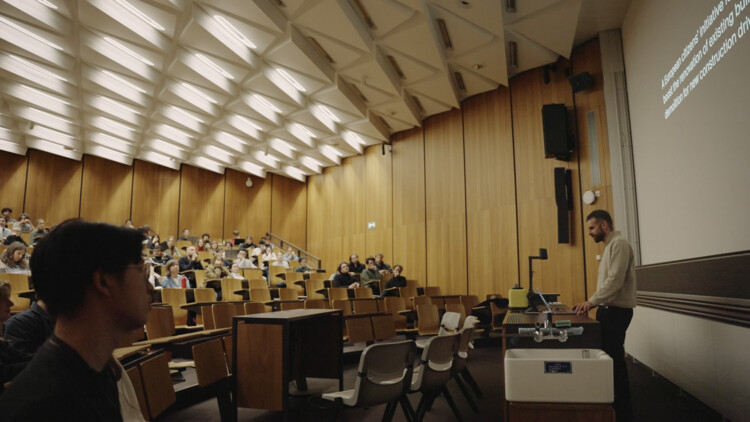
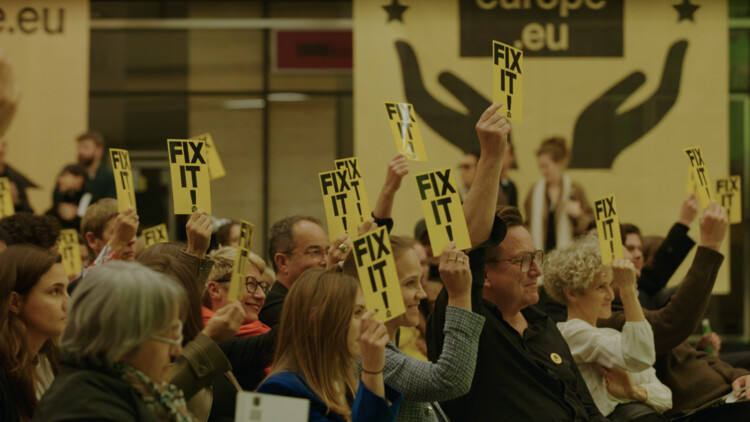
The HouseEurope! initiative was officially registered by the European Commission in January 2025 and is currently in the voting and signature collection phase of its European Citizens' Initiative (ECI), which remains open until January 31, 2026. Both the documentary and the campaign highlight the collective risks posed by treating buildings as assets, often torn down and redeveloped with limited consideration for community and environmental impacts. With the global housing crisis escalating, the project is guided by the urgency of a systemic shift not only in how we build, but in how we value our built environment. To Build Law is presented by the CCA as a layered reportage of urban fragments and legal pathways, in which architecture becomes an open process of establishing partnerships, drafting positions, convening meetings, strategizing campaigns, and collecting votes to build a movement aimed at changing the conditions of the architectural discipline in Europe.
What would happen if the entire labor force that is currently used in new construction were rerouted into renovation? Well, instead of the 120 years that it will take for the entire housing stock of Switzerland to be renovated, it would take 12. Which I think speaks of how reinventing our construction industry is never about losing jobs, and never about destroying existing trades. But about rerouting them into a virtuous construction industry. - Architect Charlotte Malterre-Barthes
This vision was recognized by the jury of the seventh edition of the OBEL Award, which, under the theme "Ready-Made," selected the project for its systemic approach and to emphasize that architectural excellence extends beyond the design of singular buildings. As part of the dissemination of Groundwork, the CCA was also selected for an exhibition space at the 19th Venice Architecture Biennale, where it presented one of the featured projects at the Arsenale. The first documentary, Into the Island, showcasing Xu Tiantian's process in responding to a museum commission on Meizhou Island, China, is also available online. Meanwhile, the third documentary in the series, With an Acre, following the work of architect Carla Juaçaba in Minas Gerais, Brazil, is currently in a dissemination campaign managed by the CCA, open to venues and slated for online release in the near future.
























